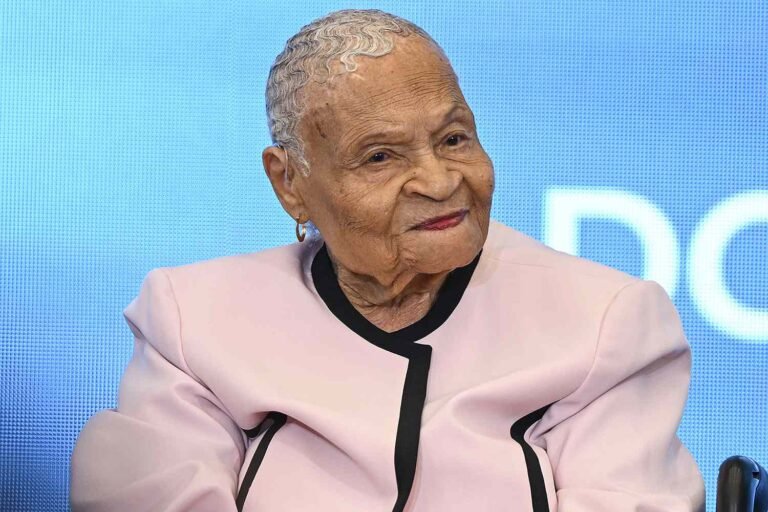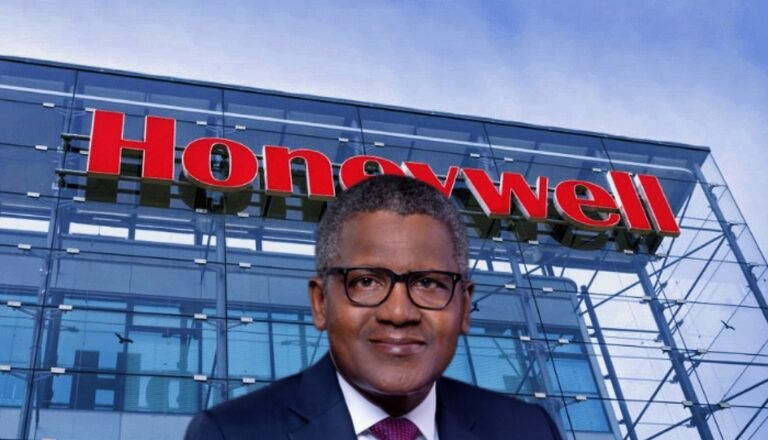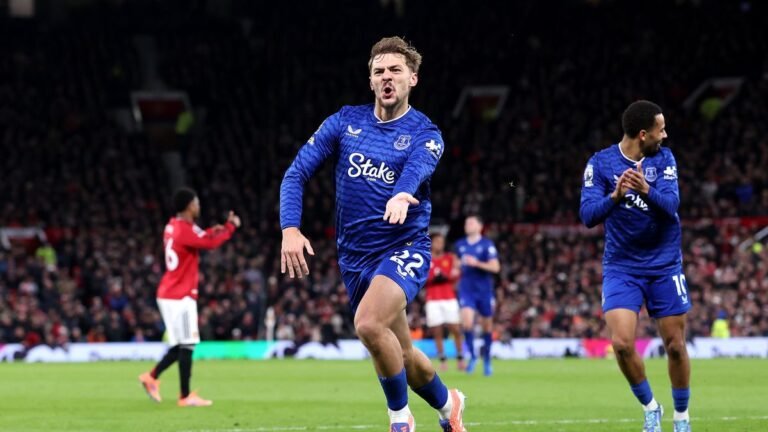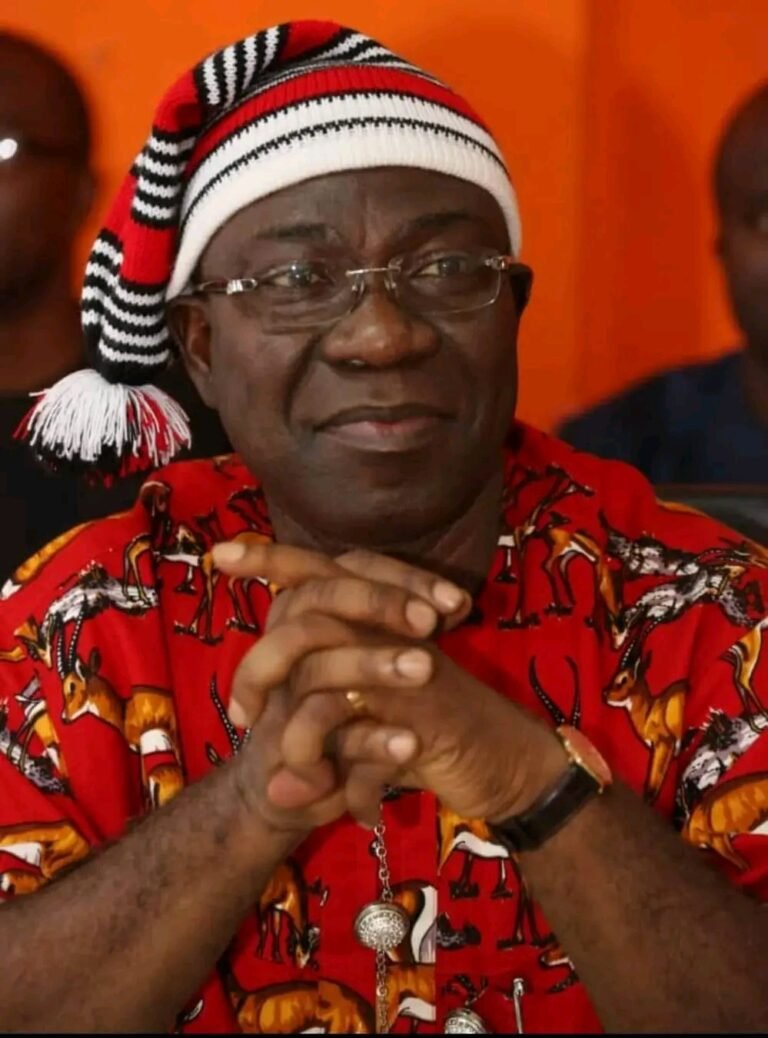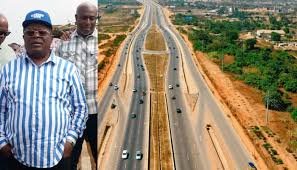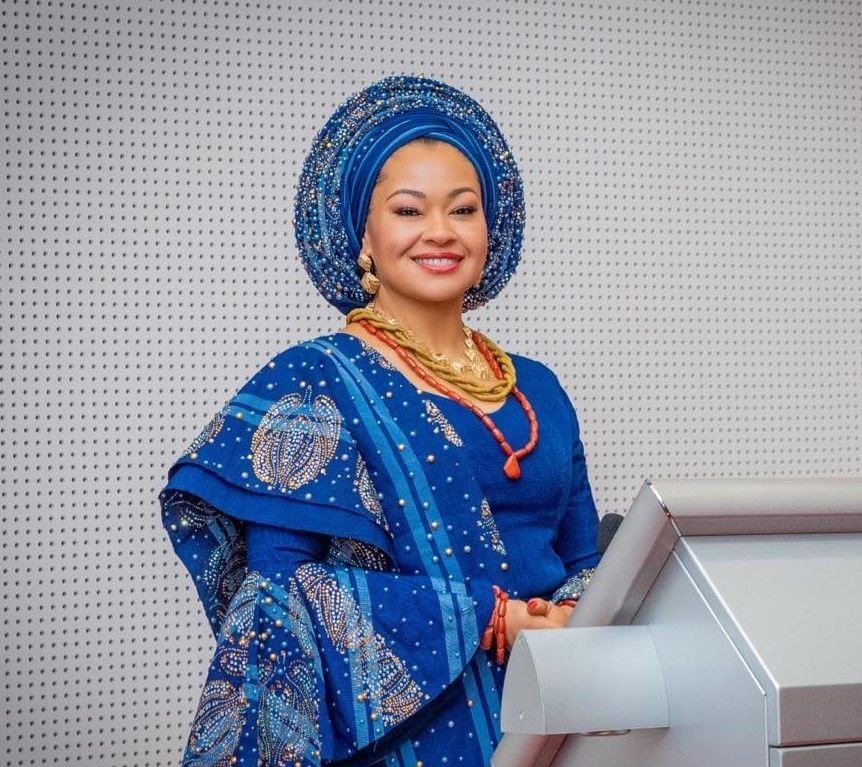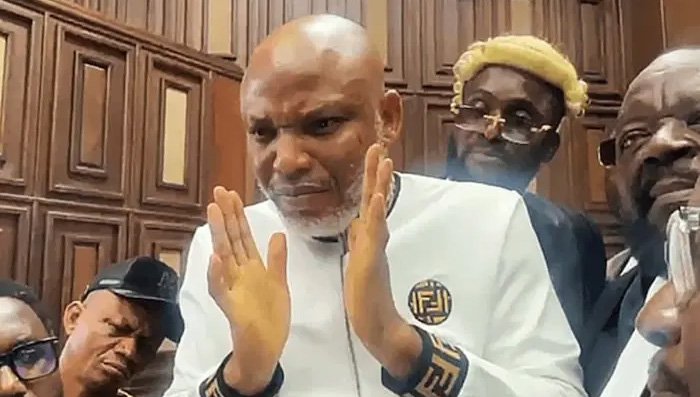Azumah Resources Ghana Limited has issued a strongly worded response to public allegations by Engineers & Planners (E&P), the construction firm owned by Ibrahim Mahama, younger brother of Ghana’s former president, John Mahama.
The company reiterated its full commitment to the Black Volta Gold Project in Ghana’s Upper West Region while reaffirming its confidence in the country’s rule of law and regulatory framework, even as the dispute between the parties unfolds before an international arbitration panel in London.
Arbiterz Media had earlier reported that the International Chamber of Commerce (ICC) arbitration arises from a 2023 development framework agreement that E&P signed with Azumah and some of its shareholders.
Also Read:
- Ghana Secures Deal With Nine Mining Companies For 20% of Their Gold Export
- Funke Adekoya SAN Chairs $100M ICC Arbitration Involving Ghana President’s Brother and Black…
- Why the Ghana Cedi is the Best Performing Currency in 2025
- Ghana's Inflation Falls to Three-Year Low as Cedi Strengthens, Fueling Rate Cut Hopes
E&P, represented by Robert Smith Law Group in Accra, claims Azumah breached the agreement by terminating it in December 2024 and is now seeking specific performance before a tribunal chaired by Nigerian-British arbitrator Funke Adekoya SAN, alongside Shadrack Arhin of Ghana and the UK’s Edwin Glasgow KC.
Azumah, represented by Steptoe in London and Ghanaian law firm Bentsi-Enchill, Letsa & Ankomah, has brought a $100 million counterclaim, asserting that E&P failed to raise sufficient development funding, misappropriated funds, and engaged in unauthorized agreements.
The Australian- and Singapore-backed private equity-owned mining firm flatly denies all allegations by E&P, declaring in a new press release that it will “defend the arbitration in full” and “pursue all available remedies” to protect the Black Volta Gold Project.
“Azumah Resources is committed to ensuring this project benefits Ghanaians, led by Ghanaians, with partners who are willing and able to build with us,” said John Mason, Azumah’s spokesperson. “We have a duty to protect Ghana’s resources for the benefit of all.”
According to Azumah, E&P’s claims of financial capability remain unsubstantiated, noting that despite promising over $250 million in funding, the company has only delivered $4 million to date.
The company also clarified that E&P holds no equity in Azumah and has never made a formal offer to invest in the Black Volta project, making its public statements misleading and damaging to Ghana’s international mining reputation.
“We will not be distracted by noise,” Mason added. “We remain focused on lawful development, on transparency, and on building Ghana’s future in partnership with the Government of Ghana.”
Project Director Rob Cicchini emphasized that allowing E&P to acquire the project without the demonstrated ability to develop it would harm Ghana’s national interest, jeopardizing jobs, growth, and community benefit.
“Even if E&P could raise the funds to acquire the project, it has already demonstrated, over several years, that it does not have sufficient resources to fund the development,” Cicchini said.
The Black Volta Gold Mine, whose construction was initially scheduled for July 2024, suffered delays due to E&P’s failure to complete civil works and the onset of arbitration proceedings, according to Azumah.
The company asserts that it has since secured the backing of global mining investors responsible for over $10 billion worth of developed mines, ensuring the project’s progress continues uninterrupted.
With renewed investor confidence and robust regulatory support, Azumah said it is seeking reputable Ghanaian investors and local firms to join in constructing what it calls “Ghana’s next major gold mine.”
Azumah also called on regulators, financial institutions, and the Ghanaian public to disregard E&P’s recent staged media event, describing it as a distraction from the legally binding arbitration process.
The company expressed appreciation for the leadership of the Government of Ghana, the Ministry of Lands and Natural Resources, the Minerals Commission, and other authorities for upholding the rule of law in the country’s mining sector.











